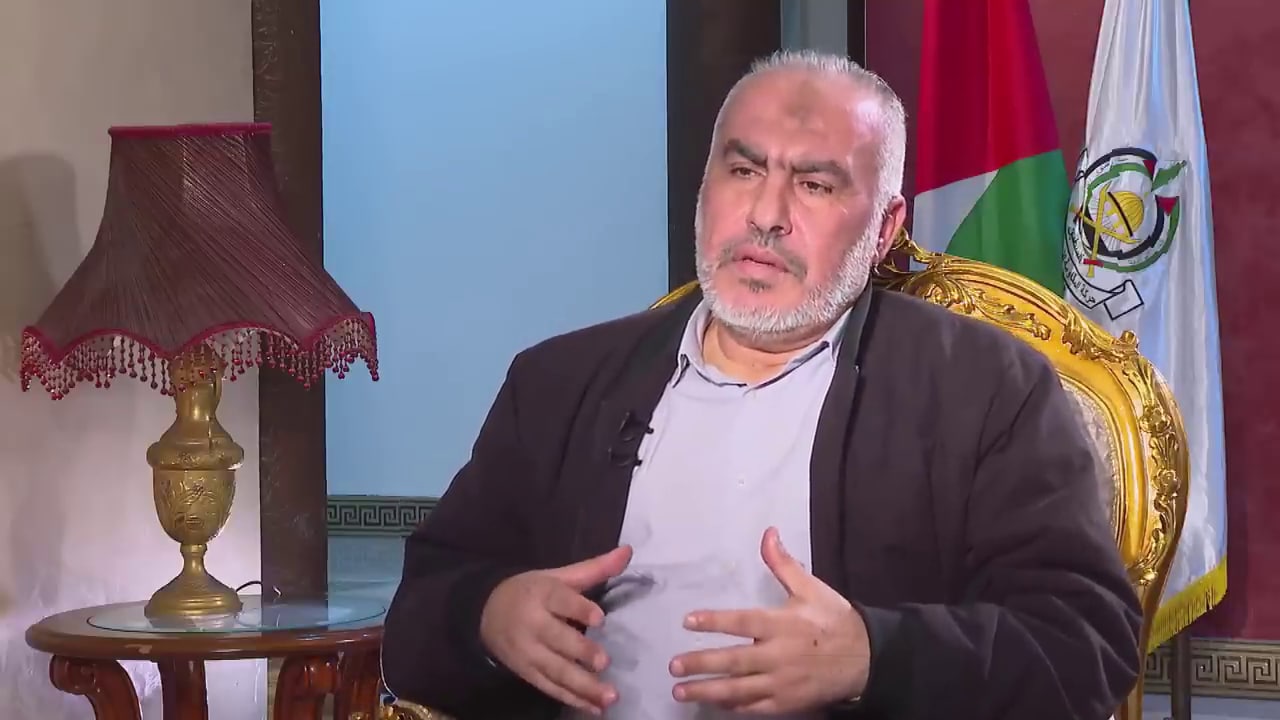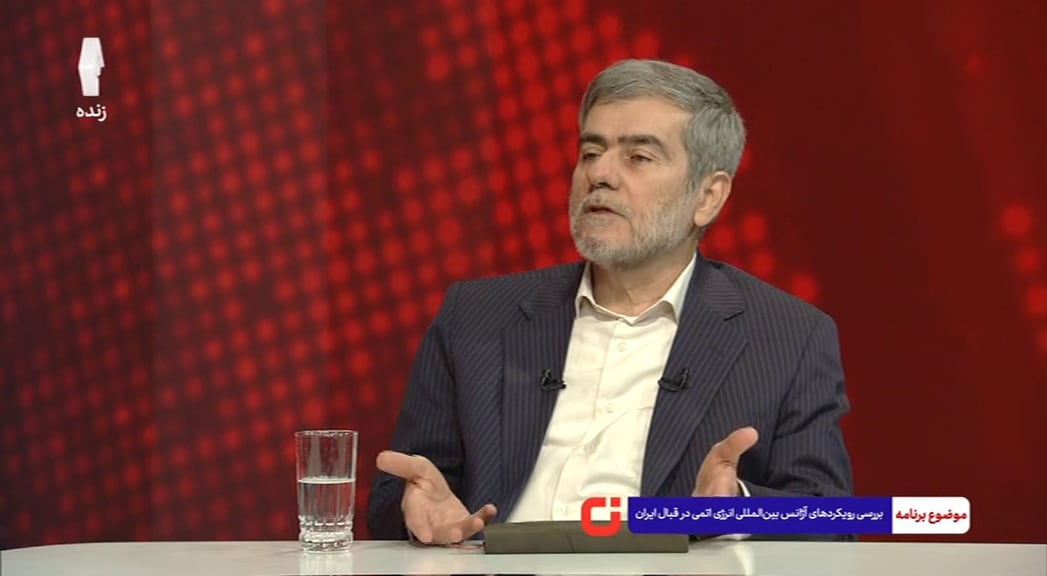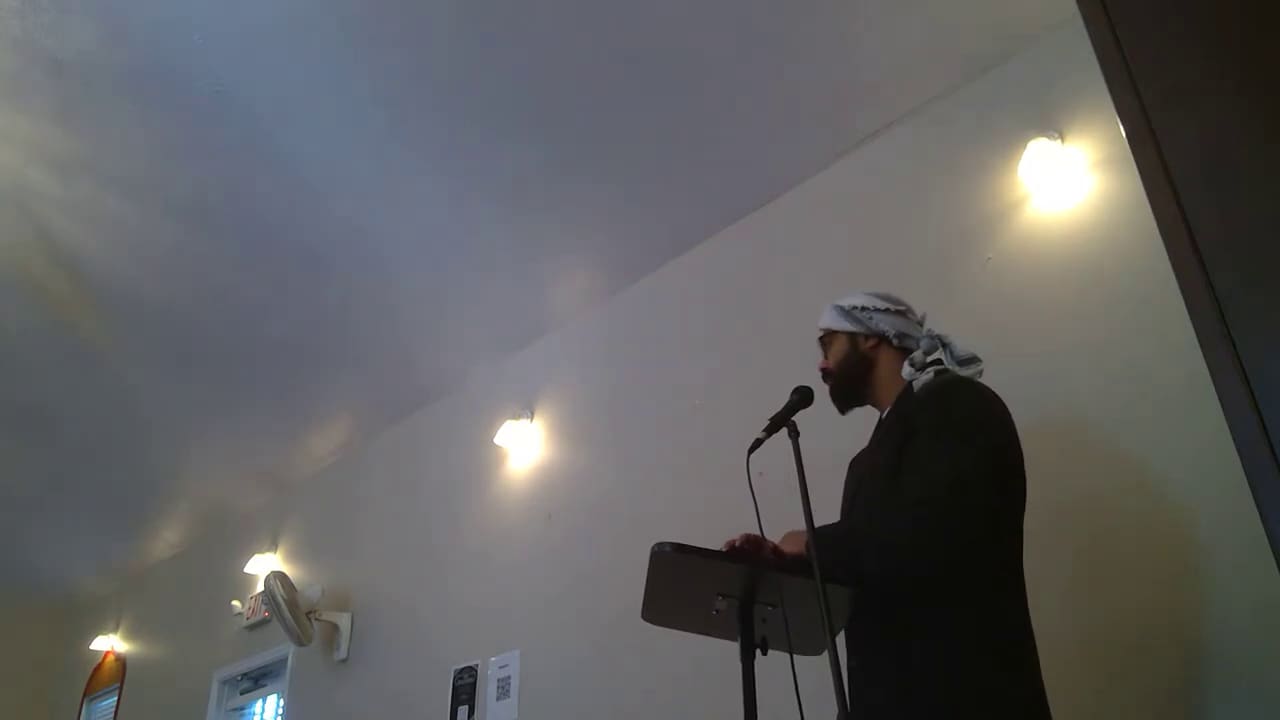
Following are excerpts from an interview with President of Afghanistan Hamid Karzai, which aired on Dubai TV on July 14, 2008. The interview was held in English.
Hamid Karzai: The problem of terrorism, as it is affecting Afghanistan, is not entirely an Afghan problem. As a matter of fact, a greater part of this problem is a regional problem, and a greater part of this problem is unfortunately coming to us from Pakistan. So the Americans, the international coalition – when they say they are continuing to work in Afghanistan, and yet the security is not there, they are right, because they have not gone to the right place to fight terrorism.
Interviewer: Which is?
Hamid Karzai: Which is the sanctuaries that the terrorists have in Pakistan.
Interviewer: But Pakistan, actually, recently... I have noticed that there is a very strong declaration from the Afghan government against Pakistan. You have accused the Pakistani government of being behind your attempted assassination, the last one, and the most dangerous thing is that you have threatened that you would go behind the borders just to find Al-Qaeda, and Taliban as well, which means you will go to Pakistan. Right now, Mr. President, if you don't have the power to secure the situation in Afghanistan, do you think you have the power to go behind the border?
Hamid Karzai: When I said that Afghanistan would go in self defense beyond the Durand Line, [it] was in response to a statement that came from terrorist networks from Pakistan, from someone called Baitullah Mahsoud – you must have heard of him, and from someone called [Maulana] Fazlullah. They declared that they would cross the border and come into Afghanistan, to kill Afghans and the international troops. Now, for me, the president of a sovereign country – when there is a threat issued to me beyond my borders by someone, what is my responsibility?
Interviewer: That's right, but the question is: Do you have the power? Can you do it?
Hamid Karzai: The power is the power of the government, of the institutions of the government, and of the people. Afghanistan is known in history – and Afghanistan has proven that in history – that when the Afghan people decide to defend themselves, they always win – as we have always won.
[...]Why did the international community come to Afghanistan after 9/11?
Interviewer: Why?
Hamid Karzai: Because they were threatened. The Twin Towers were blown up. A lot of innocent lives were lost. It was a great tragedy for all of us, not only for Americans, but for the whole world. Muslims died, Christians died. Every other nationality died. They felt that the source of that problem was in Afghanistan, so they all came here, first of all, to free themselves of the threats of terrorism, and in the process, to help Afghanistan to regain its independence and to rebuild. And the Afghan people joined hands with them in order to get liberated from the oppression of Taliban and Al-Qaeda. Because of that, Al-Qaeda and the Taliban were driven out of Afghanistan in less than a month and a half. But then, why are we still fighting terrorists? If the Afghan people are friendly and want the rest of the world to help them, then what is the problem in Afghanistan? Who is fighting the Afghan government and the international community? If the war is in Afghanistan, and if we are not winning this war, that means there is something wrong in Afghanistan, and then, in that case, it becomes an internal matter for the Afghan people. Therefore, we would not need the pressure of the international community in Afghanistan for our internal problems. Then, the Taliban is an internal problem of Afghanistan, and I should sit down with Mullah Omar, find him somewhere, talk to him, and resolve it. But if the problem has tentacles, roots, beyond the borders of Afghanistan, if the international community, the international press, and the governments say that there are sanctuaries beyond our borders, in another country, namely, in Pakistan, if the tribal territories of Pakistan are sanctuaries to terrorists, to training grounds, to suicide bombers and their training, which some officials of the government of Pakistan admit and talk about... In that case, it is needed, for the security of Afghanistan, for the security of Pakistan, and for the success of the international community, to wage the struggle against terrorism in the right place – that is, the sanctuaries of terrorists beyond the Afghan borders, in Pakistan.
[...]
This war against terrorism will never be won by bombing Afghan villages. The war of terrorism is not in the Afghan villages.
Interviewer: Is it in Pakistan?
Hamid Karzai: It is in the sanctuaries of terrorists.
Interviewer: Right now, Mr. President, you are saying that the coalition forces did not do what they should do in Pakistan, while the Western media in general are actually saying: "No, Mr. Karzai does not do the job well in Afghanistan." So who do you think we actually should...
Hamid Karzai: If Karzai is not doing the job well in Afghanistan, then the international community is saying that it is an Afghan problem. In that case, the international community has no business in Afghanistan, and they'd better leave – if it is an internal Afghan problem.
Interviewer: But you think it is not an internal, but an international problem...
Hamid Karzai: It is an international problem, in which Afghanistan has been suffering the most, and unless the international community focuses in the right place... Afghanistan too is a sovereign country. If they can go with their planes and bomb Afghan villages in pursuit of terrorism, they should do the same in any other sovereign country.
[...]
I've been trying to find the Taliban and talk to them for the past six years. This is an extremely important question. In Pakistan, the government of Pakistan can find Baitullah Mahsoud and talk to him. They can find Mullah Fazlullah and talk to him. They can find Mangal Bagh and talk to him. They can find Mullah Fazlullah and talk to him, and Mullah Omar of Pakistan, and talk to him. But where do I find the Taliban leaders to talk to them? How can I find Mullah Omar? Where is he?
Interviewer: Where is he, do you think?
Hamid Karzai: That is the question.
Interviewer: I am asking you as the President of Afghanistan.
Hamid Karzai: That is the question. If I know where he is, I will go and talk to him.
Interviewer: Where do you expect him to be right now?
Hamid Karzai: He is not in Afghanistan.
Interviewer: How are you so sure... You have mentioned before, Mr. President, that even Bin Laden is not in Afghanistan.
Hamid Karzai: He is not. Surely.
Interviewer: What is your proof?
Hamid Karzai: I am sure if he were here, I would have found him.

















